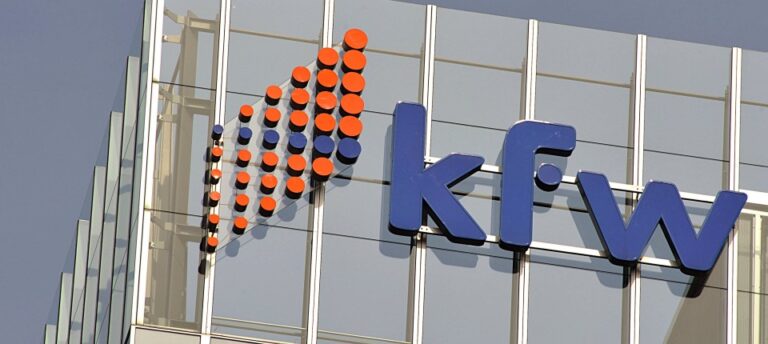South Africa has launched a powerful crackdown on the country’s illicit fuel trade, a criminal network costing the state an estimated R3.6 billion annually.
In a sweeping four-month campaign, the South African Revenue Service (SARS), in partnership with SAPS through the National Joint Operational and Intelligence Structure (NATJOINTS), identified 23 targets across key provinces, uncovered nearly a million litres of contaminated diesel, and exposed 12 fraud-linked tanker trucks.
Authorities also seized R367 million in assets and fuels from fuel depots and mobile fuel “washrooms” manipulating product quality and documents.
“These criminal syndicates can only underestimate our resolve at their peril,” said SARS Commissioner Edward Kieswetter. “We will spare no efforts to crush them.”
SARS reports show diesel samples containing as much as 68% paraffin a dangerous practice that not only robs the fiscus but damages vehicle engines, hikes long-term costs for motorists, and contributes to air pollution.
Investigators also revealed widespread under-declaration, with tankers declaring 40,000 litres while smuggling in up to 60,000 litres of fuel all enabled through falsified paperwork and depot-based mixing schemes.
This intervention is being hailed as a turning point in the fight against illicit trade along the Maputo Corridor, which spans South Africa, Eswatini, and Mozambique a region repeatedly targeted by syndicates due to its volume of fuel transport.
Kieswetter emphasized the importance of a “whole-of-government” response: public and private sectors working together with international cooperation to safeguard South Africa’s economic sovereignty and road safety.
Industry experts believe this could have lasting ripple effects on the motor sector. Decreased adulterated fuel volumes mean cleaner, more reliable diesel for South African motorists and reduced damage to engines.
That in turn could extend vehicle lifespans, lower maintenance costs, and improve consumer trust in fuel providers.
From an economic standpoint, reclaiming R3.6 billion in lost tax revenue could boost public service investment and infrastructure development.
Globally, South Africa’s assertive response sends a strong signal that the illicit economy will be met with decisive, intelligent enforcement.
While challenges remain, the effort represents a growing momentum: a bold defense of legality, industry integrity, and fair competition not just for South Africa, but for the regional and global economy as well.
Read Also:South Africa Achieves Landmark Progress on FATF Greylisting – Jaina News
South Africa’s GDP Growth Slows, Stoking Economic Concerns – Jaina News
Africa’s Green Hydrogen Leap: A New Energy Era Begins – Jaina News








